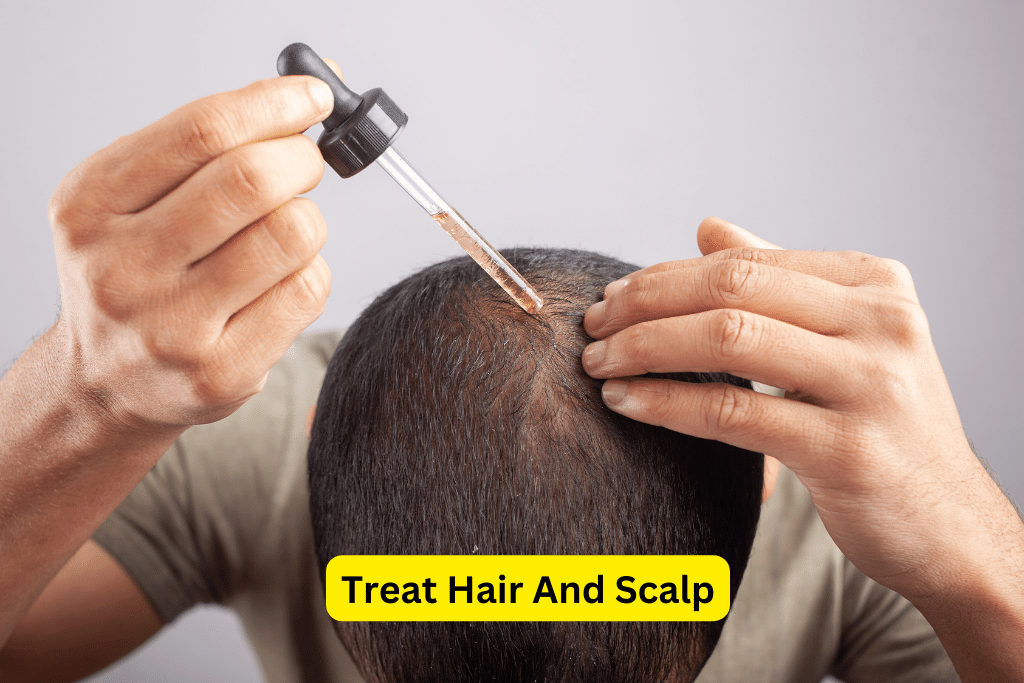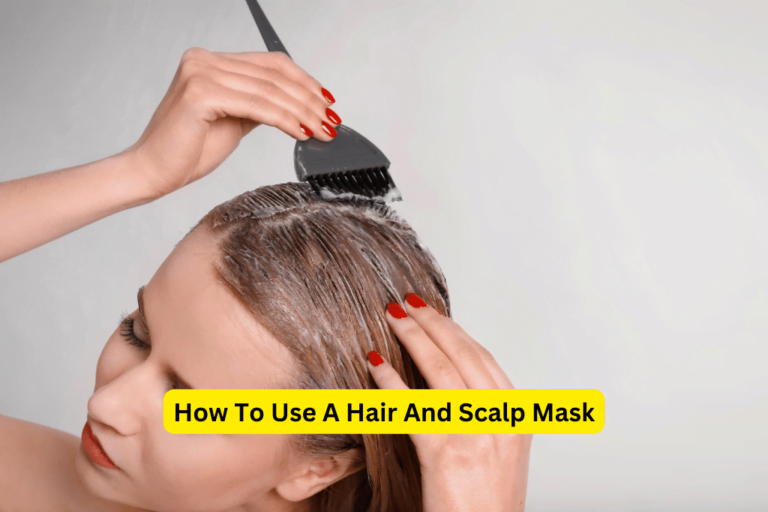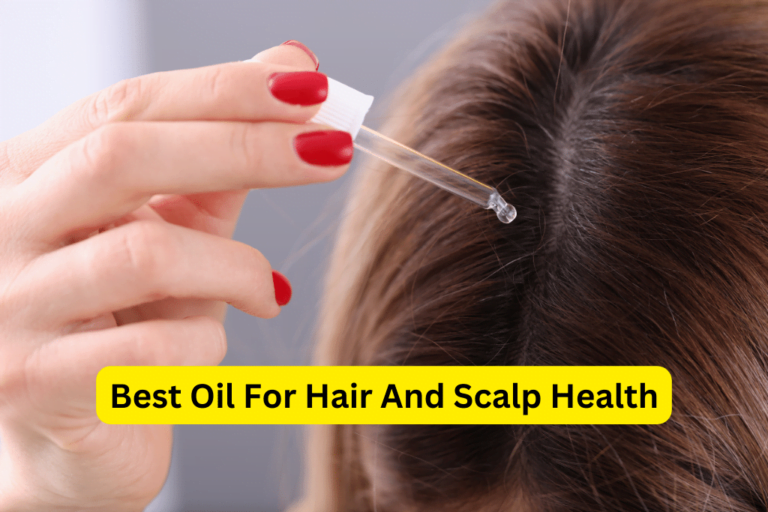Expert Tips for Nourishing Hair and Scalp: Unlock Your Hair’s Potential
Treat Hair And Scalp
The health of our hair and scalp is something that often gets overlooked, but it plays a vital role in our overall appearance and self-confidence.
Having a healthy scalp and strong, luscious hair can make a huge difference in how we look and feel. In this ultimate guide to effective hair and scalp treatment, we will explore the importance of hair and scalp health and the benefits of proper treatment. We will also delve into common hair and scalp issues, their causes, symptoms, and effective treatments. Furthermore, we will provide tips on how to treat your hair and scalp properly, including regular cleansing, deep conditioning, scalp massage, and natural remedies. Additionally, we will discuss lifestyle changes that can support hair and scalp health, such as a healthy diet, stress management, and avoiding harsh styling practices. Professional treatments for hair and scalp issues will also be explored, as well as the importance of consistency and patience in achieving optimal results. Finally, we will conclude with a recap of key points and some final tips for maintaining hair and scalp health, while encouraging the embrace of our natural beauty.
Understanding Common Hair and Scalp Issues
Dry Scalp
A dry scalp is a common issue that can lead to itchiness, flakiness, and discomfort. Causes of dry scalp can range from environmental factors, such as cold weather and excessive heat, to certain skin conditions and even harsh hair products. Symptoms of a dry scalp may include itching, flaking, and tightness. Luckily, there are effective treatments available, such as using a moisturizing shampoo and conditioner, avoiding harsh hair products, and incorporating natural remedies like coconut oil or aloe vera.
Dandruff
Dandruff is a pesky condition characterized by the excessive shedding of dead skin cells from the scalp. It is often accompanied by itchiness and can be embarrassing. Causes of dandruff include an overgrowth of a yeast-like fungus called Malassezia, dry skin, or sensitivity to certain hair products. Symptoms of dandruff include flaking, itchiness, and scalp irritation. Effective treatments for dandruff may include using medicated shampoos containing ingredients like zinc pyrithione or ketoconazole, and maintaining good scalp hygiene.
Hair Loss
Hair loss is a common concern for both men and women and can be caused by a variety of factors. These may include genetics, hormonal changes, nutritional deficiencies, stress, or certain medical conditions. Symptoms of hair loss may include thinning hair, noticeable bald patches, or excessive shedding. Effective treatments for hair loss can vary depending on the underlying cause and may include over-the-counter minoxidil, prescription medications, or even hair transplant procedures.
Oily Scalp
An oily scalp occurs when the sebaceous glands in your scalp produce excess oil, resulting in a greasy appearance and sometimes an unpleasant odor. Causes of an oily scalp can include hormonal factors, genetics, stress, or even over-washing the hair. Symptoms of an oily scalp may include greasy hair, a shiny scalp, and an increased susceptibility to dandruff. Effective treatments for an oily scalp may involve using a clarifying shampoo, avoiding heavy hair products, and maintaining a regular cleansing routine.
How to Treat Your Hair and Scalp Properly
Regular Cleansing
Regular cleansing of your hair and scalp is essential for optimal health. Choosing the right shampoo and conditioner for your hair type and scalp condition is crucial. Look for products that are free of harsh chemicals and sulfates, and that are specifically formulated to address your particular hair concerns, whether it’s dryness, dandruff, or excess oil. Proper washing techniques, including thoroughly wetting the hair, applying the shampoo to the scalp, and massaging it gently to stimulate circulation, can also contribute to healthier hair and scalp.
Deep Conditioning
Deep conditioning your hair is an excellent way to provide it with intense nourishment. Benefits of deep conditioning include restoring moisture, improving hair elasticity, and reducing breakage. Look for deep conditioning treatments or masks that contain hydrating ingredients like argan oil, shea butter, or keratin. These products can be applied after shampooing and left on the hair for a specified amount of time before rinsing. For even better results, try covering your hair with a shower cap or warm towel to help the product penetrate deeply into the hair shaft.
Scalp Massage
A scalp massage can do wonders for both your scalp and hair health. Importance of scalp massage lies in its ability to stimulate blood circulation, relax the scalp muscles, and promote the healthy growth of hair follicles. You can perform a scalp massage with your fingertips, using gentle circular motions, or with the help of a scalp massager tool for added convenience and relaxation. Incorporating scalp massage into your hair care routine can enhance the effectiveness of other treatments and help relieve stress.
Natural Remedies for Hair and Scalp Health
Using natural remedies can be a great way to nourish your hair and scalp without exposing them to harsh chemicals. Some popular natural remedies include coconut oil, which can deeply moisturize the hair and scalp, apple cider vinegar, which can help restore the scalp’s pH balance and fight dandruff, and aloe vera, which can soothe scalp irritation and promote hair growth. These natural remedies can be applied directly to the hair and scalp and left on for a specified amount of time before rinsing.
Lifestyle Changes to Support Hair and Scalp Health
Diet and Nutrition
What we eat can have a significant impact on the health of our hair and scalp. Foods that are rich in essential vitamins and minerals, such as vitamin A, biotin, and omega-3 fatty acids, can promote hair growth and scalp health. Some examples of hair-friendly foods include fish, eggs, nuts, seeds, spinach, and sweet potatoes. Additionally, taking nutritional supplements specifically formulated for hair health can provide an extra boost of essential nutrients.
Stress Management
Stress can take a toll on our overall health, including the health of our hair and scalp. Managing stress through relaxation techniques like meditation, yoga, or deep breathing exercises can help reduce the risk of hair loss and scalp issues caused by stress. Finding healthy outlets for stress, such as physical exercise or engaging in hobbies, can also have a positive impact on hair and scalp health.
Avoiding Harsh Hair Styling Practices
Excessive heat styling and harsh chemical treatments can damage the hair and scalp, leading to breakage, dryness, and irritation. It’s important to avoid using high heat settings when styling your hair with hot tools and to use heat protectant products before applying heat. Chemical treatments, such as perming or relaxing, should be done sparingly and under the guidance of a professional to minimize damage.
Professional Treatments for Hair and Scalp Issues
Professional Scalp Treatments
If you’re dealing with persistent scalp issues, professional scalp treatments can provide targeted solutions. Scalp exfoliation involves the removal of dead skin cells and product buildup from the scalp using gentle exfoliants or specialized tools. Scalp microneedling is a procedure that involves puncturing the scalp with tiny needles to stimulate hair growth and enhance the absorption of topical treatments.
Hair Treatments
There are a variety of professional hair treatments available to address specific hair concerns. Keratin treatments can help smooth and straighten frizzy hair, while hair masks and serums can provide deep hydration and nourishment. Laser therapy for hair growth is a non-invasive treatment that stimulates hair follicles and promotes hair regrowth. If you’re experiencing severe hair loss or scalp issues, it’s always best to consult with a dermatologist or trichologist who specializes in hair and scalp health.
The Importance of Consistency and Patience
Setting Realistic Expectations
When it comes to addressing hair and scalp issues, it’s important to set realistic expectations. Results may not be immediate, and it will require consistent effort and patience to achieve the desired outcome. Understanding the underlying causes of your hair and scalp issues and following a comprehensive treatment plan tailored to your needs can greatly improve your chances of success.
Creating a Hair and Scalp Care Routine
Consistency is key when it comes to maintaining hair and scalp health. Create a hair and scalp care routine that incorporates the treatments and practices mentioned in this guide. This may include regular washing and conditioning, deep conditioning treatments, scalp massages, and the use of natural remedies. Stick to your routine and make it a priority to give your hair and scalp the attention they deserve.
Tracking Progress
To determine the effectiveness of your hair and scalp treatment plan, it’s important to keep track of your progress. Take note of any improvements in the condition of your hair and scalp, such as reduced dandruff, less hair shedding, or improved overall texture. This will help you identify what works best for your hair and scalp and make any necessary adjustments to your routine or treatment plan.
Conclusion
Recap of Key Points
In conclusion, achieving and maintaining healthy hair and scalp requires a comprehensive approach that includes regular cleansing, deep conditioning, scalp massages, and the use of natural remedies. Making lifestyle changes, such as maintaining a healthy diet, managing stress, and avoiding harsh styling practices, can also contribute to hair and scalp health. Professional treatments and consultations with experts may be necessary for more persistent or severe hair and scalp issues. Lastly, consistency and patience are essential in achieving optimal results.
Final Tips for Maintaining Hair and Scalp Health
Remember to choose hair products that suit your specific hair and scalp needs, and always follow proper washing and conditioning techniques. Take the time to pamper your scalp with regular massages and natural remedies, and make healthy dietary choices to nourish your hair from the inside out. Lastly, embrace your natural beauty and learn to love and care for your unique hair and scalp. Your hair is a reflection of your health and inner beauty.
Embracing Your Natural Beauty
Each person’s hair and scalp are unique, and embracing your natural beauty means embracing your unique hair type, texture, and color. By giving your hair and scalp the proper care and attention they deserve, you can enhance your natural beauty and feel confident in your own skin. Embrace your natural beauty, and let your hair shine with health and vitality.
"Have You Seen Mike Walden's new holistic acne System yet? It's called "Acne No More" I've read the whole thing (all 223 pages) and there's some great information in there about how to naturally and permanently eliminate your acne without drugs, creams or any kind of gimmicks. I highly recommend it - it's very honest and straightforward without all the hype and b.s. you see all over the net these days. Here's the website where you can get more information:
Click Here -->AcneNoMore









